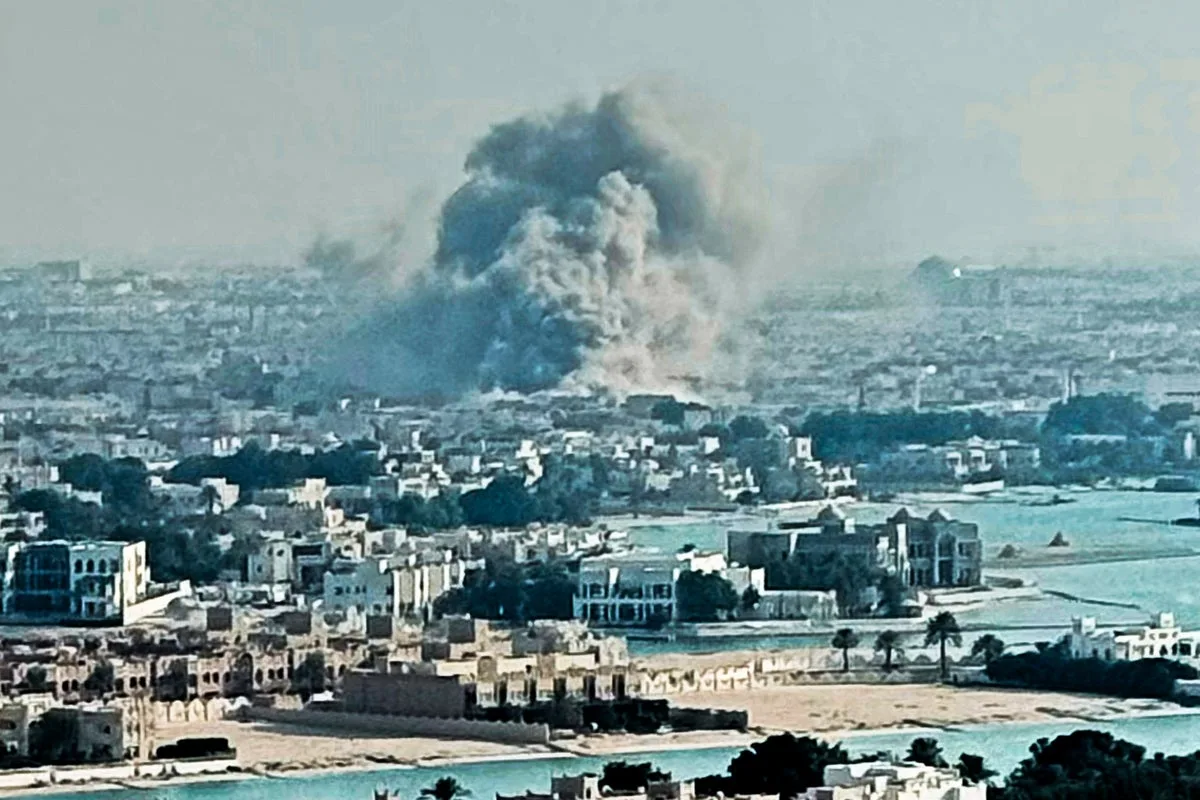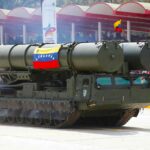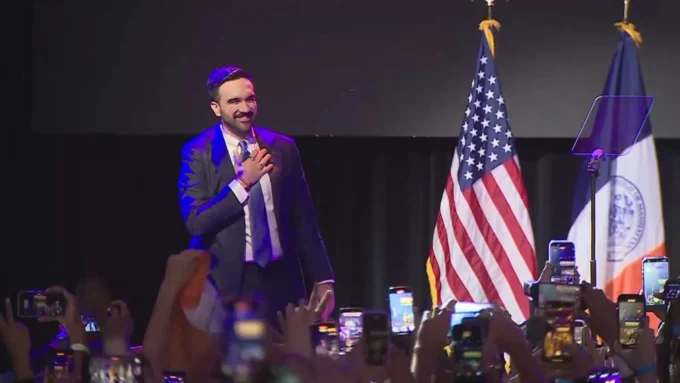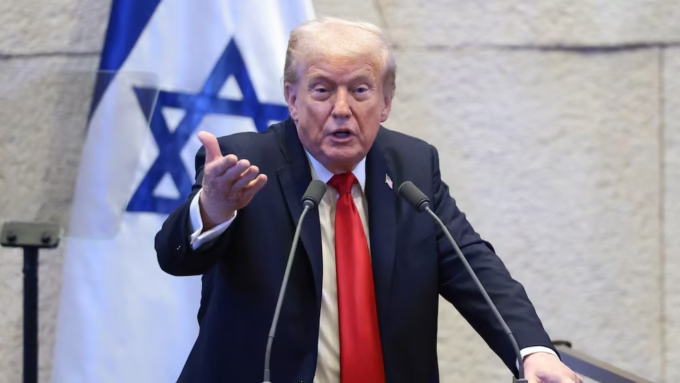The recent Israeli strike on Qatari soil has sent shockwaves across the Middle East, not only because it shattered the assumption that Gulf states were shielded from regional conflict, but also because it underscored what critics call the double standards of both Washington and Tel Aviv.
In his commentary, David Hearst, co-founder and editor-in-chief of Middle East Eye, argues that the attack represents a turning point: proof that Israel will pursue its adversaries wherever it chooses, regardless of diplomatic boundaries, sovereignty, or international law. For decades, Israel has carried out assassinations and strikes in neighboring Arab states, often with tacit or direct American cover. Yet, the latest strike on Qatar—a state that has positioned itself as a key mediator in Gaza truce negotiations—highlights the extent of Israel’s willingness to act with impunity.
Hearst contends that the U.S. security umbrella, long marketed as a protective shield for its Arab allies, has failed spectacularly. The strike occurred despite Washington’s military presence and strategic guarantees, revealing an uncomfortable truth for Arab governments that tied their security calculus to American assurances. “The so-called guarantees mean little when Israel decides otherwise,” he suggests.
At the heart of the analysis is a damning assessment of the Abraham Accords, once hailed as a breakthrough in Arab-Israeli relations. Instead of ushering in peace and stability, Hearst argues, the accords have become “a paper shield,” incapable of restraining Israel or safeguarding Arab sovereignty. For the wider Arab world, the Qatar strike serves as a stark reminder: normalization agreements cannot substitute for accountability or justice in dealing with Israel’s continued violations of international norms.
By striking in Qatar, Israel not only risks undermining ongoing mediation efforts but also exposes the fragile architecture of U.S.-brokered regional diplomacy. For critics, it is a moment that strips bare the rhetoric of peace and cooperation, leaving in its place the reality of power politics and unchecked aggression.















Leave a comment